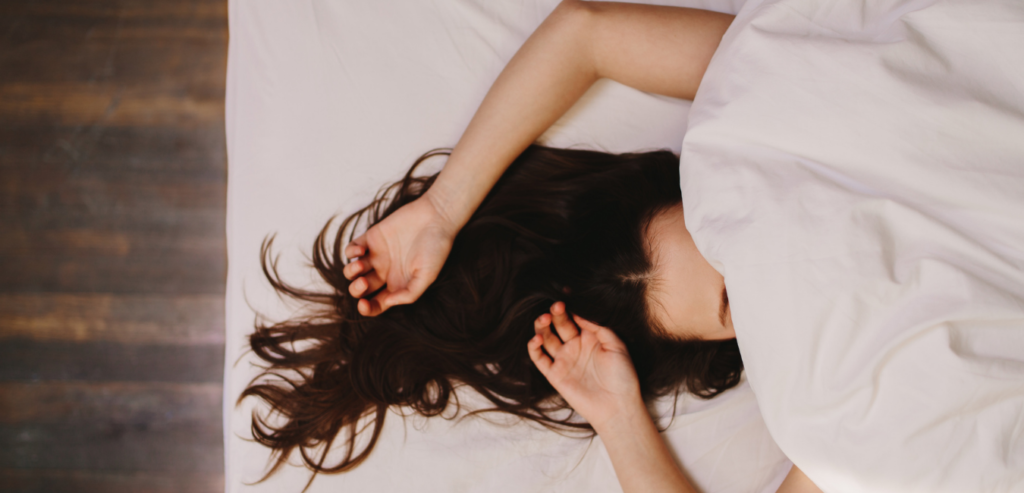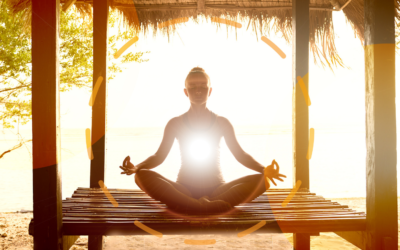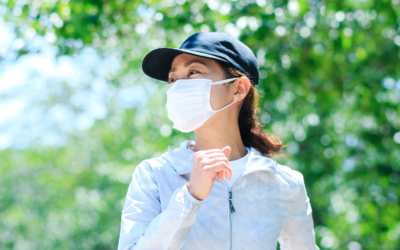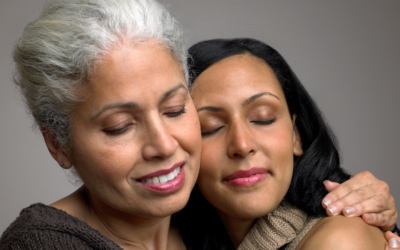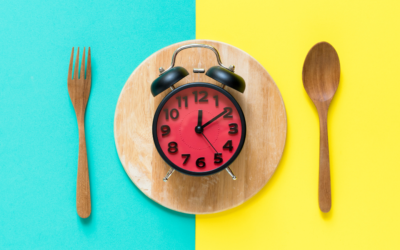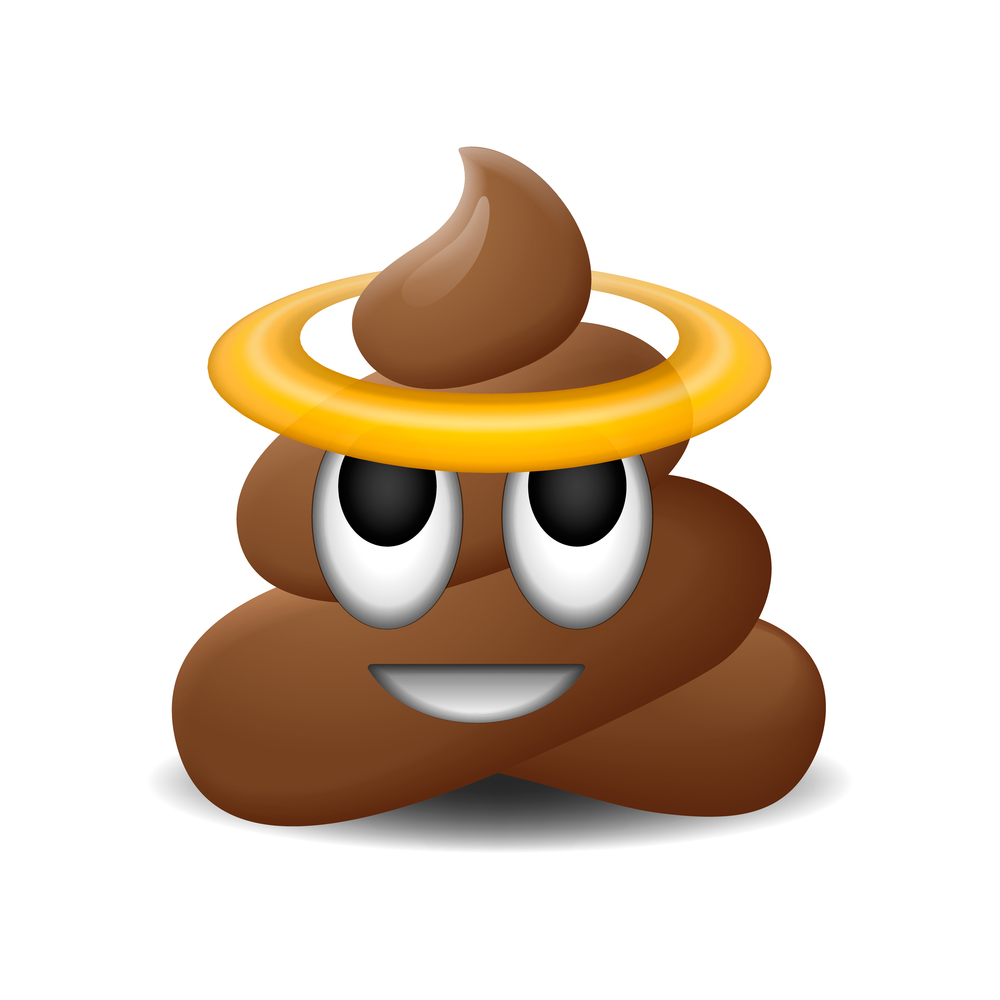Sleep is important for many reasons. During sleep our brain is hard at work cleaning up and organizing all of the activity from the day. The ideal amount of sleep for longevity, decreased risk of cardiovascular and other chronic diseases like Parkinson’s and dementia is 7 to 9 hours.
Many people struggle with sleep issues and it is important to dig in and unroot where the problem lies: is it sleep initiation? sleep latency? or both? Sleep initiation is having trouble falling asleep and sleep latency is having trouble staying asleep or achieving deep levels of sleep. Sleep initiation tends to be related to anxiety, elevated cortisol levels, exercising too close to bedtime, caffeine intake, temperature, screen time, inadequate morning light, or decreased natural melatonin production. Sleep latency can be caused by excessive ambient light, screen time, alcohol use, bedroom temperature, pets, or children in the bed, hormonal imbalances, prescription medications, and nighttime urination. I often hear patients say, “it’s normal to get less sleep as you age,” but that isn’t entirely true; regardless of your age, you should be able to get very close to the recommended hours of sleep.
Common supplements that can help with sleep initiation are melatonin, valerian root, passionflower and lemon balm. Common supplements that can help with sleep latency are glycine and l-theanine. Honokiol or dihydrohonokiol-B (DHHb), derived from magnolia bark, can work for both.
– Kinder Fayssoux MD
Common supplements that can help with sleep initiation are melatonin, valerian root, passionflower and lemon balm. Common supplements that can help with sleep latency are glycine and l-theanine. Honokiol or dihydrohonokiol-B (DHHb), derived from magnolia bark, can work for both. You should check with your physician prior to trying these supplements, especially if you are on any other prescription medications, but generally speaking, they are safe substances. Tylenol PM or Nyquil should not be used for sleep as they have many other ingredients in them besides the antihistamine, usually Benadryl, which is putting you to sleep. However, I also don’t recommend patients use Benadryl or antihistamines alone as a sleep aid as there are other side effects of those medications that can make sleep worse; the most common being increased nighttime urination.
Other activities that are conducive to restful sleep are meditation and gentle stretching or yoga before bed. Another recommendation supported by science is to do a controlled sleep deprivation for 24 hours in order to reset the sleep cycle. If your sleep pattern is off, stay awake for 24 hours, and then go to sleep between 9 and 10 p.m. to reset the cycle and maintain this bedtime. Excessive napping also can interfere with a solid sleep routine.
Often overlooked, another easy fix is to review your prescription medications. For example, if you take a medication that makes you urinate more, ask your doctor if you can take that medication in the morning instead of the afternoon or evening to decrease the likelihood that you will need to urinate in the middle of the night. Reviewing the sleep-disturbing effects of all your prescription medications is paramount.
Sometimes prescription medications are necessary to help with sleep, but they should primarily be looked at as a temporary solution for most. There is no consensus as to whether they produce deep sleep at a level that is beneficial for health. Also, some of these products, particularly benzodiazepines, steeply increase your risk for dementia – even with occasional use. That being said, occasional use of prescription sleep aids can be necessary at times to reset and regulate the sleep cycle.

